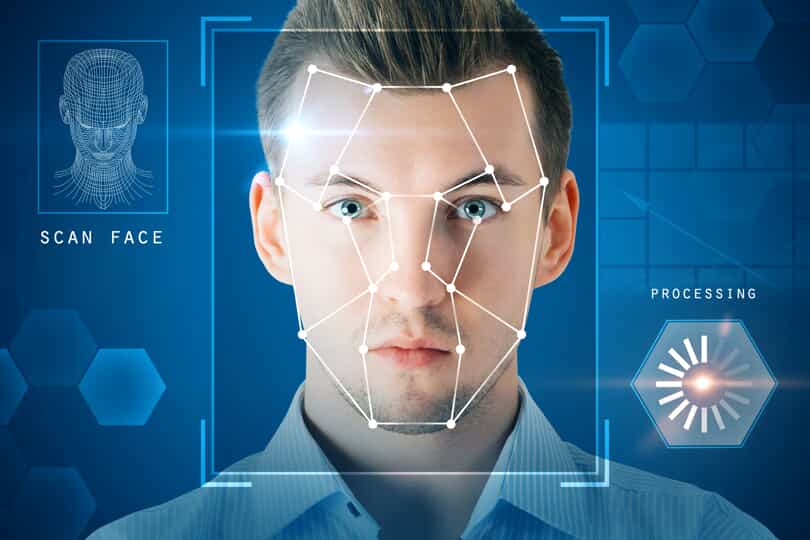Employees in Florida may soon be able to bring claims against their employers for failing to provide information and disclosures as to how their private biometric information is being collected, maintained, and/or destroyed.
 What Is Biometric Information?
What Is Biometric Information?
A similar Illinois law that went into effect in 2008 defines a “biometric identifier” as a retina or iris scan, fingerprint, voiceprint, or scan of hand or face geometry. Biometrics do NOT include writing samples, written signatures, photographs, human biological samples used for valid scientific testing or screening, demographic data, tattoo descriptions, or physical descriptions of height, weight, hair color, or eye color.
In recent years it has become increasingly common for Florida employers to use biometric data from workers to assist in keeping track of their hours worked. This is not surprising because the fingerprint or facial recognition software ensures that the individual clocking-in and clocking-out is actually the employee associated with the fingerprint or facial scan.
Where Florida Stands on Biometrics
In 2019, the Florida legislature entertained a new bill that would offer new protection and allow workers to file suit against their employer if the employer fails to provide notification about the specific purpose and length of time for which any employee’s personal biometric information has been collected. Such a law would require the employer to obtain written permission from the employee. While this law failed to make it through the legislature’s last sessions, it has gained steam and has been revived for the 2020 sessions in light of the technological developments and dangers related to cybersecurity.
The Florida law would closely mirror the Illinois Biometric Information Privacy Act (“IBIPA”) which went into effect in 2008. IBIPA – which is one of the only laws of its kind – allows employees to bring a lawsuit against an employer that fails to obtain written permission before collecting biometric data on their workers. IBIPA violations usually are found in situations where the employer requires an employee to clock-in or clock-out using their thumbprint. Other IBIPA claims can arise where the company uses facial recognition software without first informing the employee and/or otherwise obtaining the employee’s consent.
What Happens If Florida Enacts a New Biometric Privacy Law?
Should a new Florida biometric privacy law be approved, actual compliance with such new legislation could take years due to the specific requirements under the law. This is because employers will be required to fully grasp and implement the proper protocol to inform employees where and how their private information is being collected, and when (and how) it will be disposed.
Many companies have already been sued in Illinois for failing to comply with IBIPA. Many of these claims are pursued as class actions because the company fails to follow protocol related to hundreds (if not thousands) of workers. Meanwhile, in this digital age where nothing seems to be safe, this sensitive information attributed to these employees could be at risk.
USA Employment Lawyers Is Standing by to Help You
At USA Employment Lawyers, we are on top of the latest legal developments affecting the workplace. Be sure to continue to check with our website blogs or social media posts for the most current information on Florida’s stance on biometric privacy or other employment laws.
If you or someone you know is an Illinois employee who is required to use a thumbprint or facial scanning to clock-in and clock-out of work each day, a claim may possibly be made for compensation.
Please contact USA Employment Lawyers to learn more about IBIPA lawsuits by filling out our online contact formor calling (800) 483-0998.


